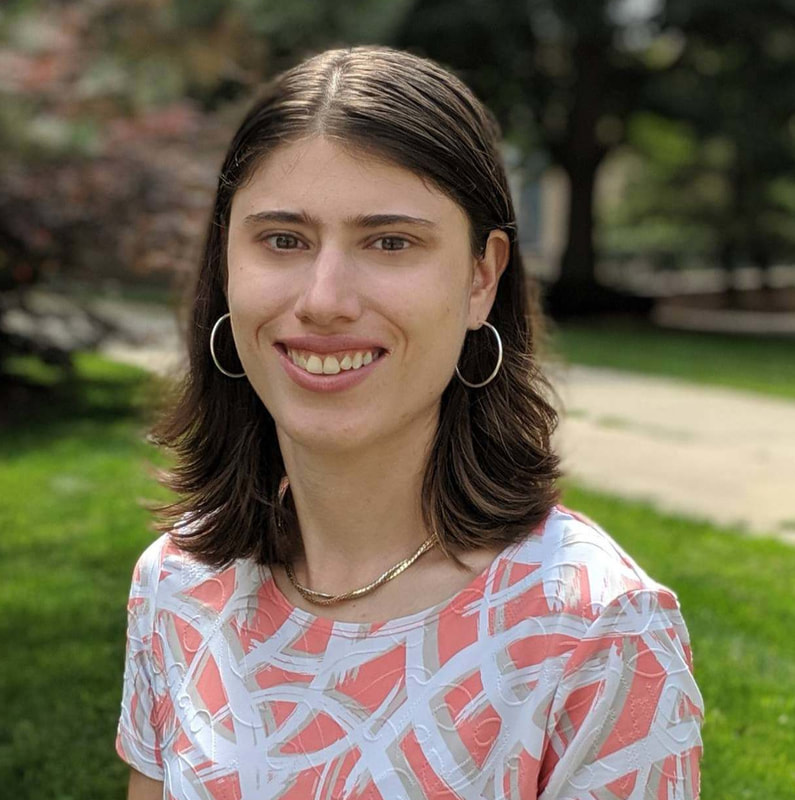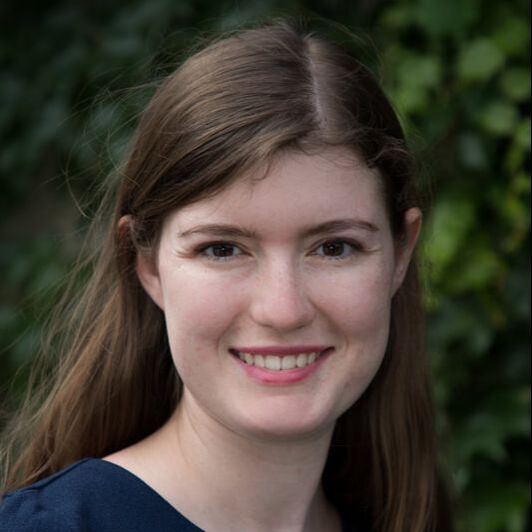
You’re standing at the lectern, ready to deliver the opening lines of your talk. What do you say first?
If this is a conference talk, chances are you start by thanking the organizers for inviting you to speak, then the audience…or if it’s a seminar, you might start with how happy you are to be there…blah blah blah. BORING!
I’m not saying to diss your host, but save the “thanks” for a minute or so in to your talk. In Speaking About Science, Morgan and Whitener implore us to “begin the talk so strongly that the audience is immediately focused and engaged.” How do you start strong?
Experts (and my own experience) offer several suggestions:
- Tell a (brief) story
- Give a startling fact or statistic
- Ask a question
- Engage the audience on common ground
- State your goals
Some of these strategies work better in some situations vs. others. Let’s look at my own research on hearing loss as an example. For a talk to a mixed audience (scientists from varied backgrounds, or students) I often open with a question, “Who knows someone with hearing loss”? Chances are everyone raises their hand. I can even follow it up with a joke, about how not paying attention to your spouse isn’t the same as hearing loss. For a lay audience talk, or an after-dinner scientific talk, I tell a story about my grandmother, who stubbornly refused to get hearing aids, which made for comical conversations (no, grandma, I visited the bank teller, not the umbrella maker!).
Starting a lay audience talk can be even more fun, because there’s more room for creativity. I once opened a FameLab talk about fish sex by singing “You’ve lost that lovin’ feeling” (remember Top Gun?). I’m tone deaf, but it got the audiences attention…they wanted to sing along!
Check out a few TED talks on science – some of them start better than others, but many use stories, some give startling numbers, one clearly states her goals, and a few use combinations of these strategies, including jokes.
What’s your favorite way to start a talk? Or what have you tried (or witnessed) that fell flat?
Previously published at communicatalyst.com/blog



Leave a Reply